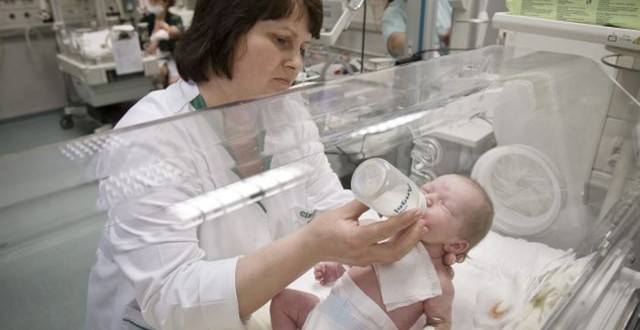One of the gravest medical conditions diagnosed in infants is severe combined immunodeficiency (SCID), a group of rare, inherited immune disorders sometimes referred to as “bubble baby disease.” Children with SCID lack the means to fight infection and usually don’t survive past their first year, unless they receive a transplant of blood-forming stem cells to replace their missing immune system.
The review, published in the New England Journal of Medicine, saw 240 babies with SCID undergo transplant surgery in the first 3.5 months after birth, and 94 per cent lived for at least five years. The condition means that infants lose the ability to fight off routine infections and, if undiagnosed or untreated, it is almost always fatal within the first year of life.
It found that the earlier the transplants were given, the more effective they were, and the best results were delivered from “matched sibling” donors. However, when this preferred option wasn’t available, overall five-year survival rates were still quite high at 77 to 93 per cent.
One critical factor remains that the baby must be free of infection at the time of transplant, which illustrates the importance of widespread screening for SCID, according to Dr O’Reilly.
Agencies/Canadajournal
 Canada Journal – News of the World Articles and videos to bring you the biggest Canadian news stories from across the country every day
Canada Journal – News of the World Articles and videos to bring you the biggest Canadian news stories from across the country every day



